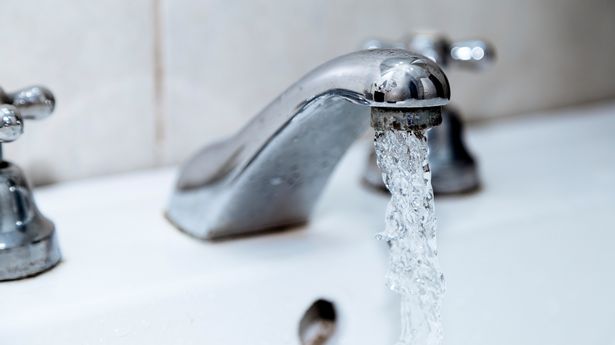Two in five households in England and Wales will struggle to afford inflation-shattering water bill increases as they stand, research suggests.
Regulator Ofwat has proposed allowing the average household water bill to rise by £94 over the next five years, an increase of 21%. The hikes will be even more when inflation is added in. But many customers face much bigger increases, depending on where in the country they live. For example, customers of Southern Water are facing £183 surge, an increase of 44%.
The bill increases are to help fund £88billion of investment in improving services and the environment, and will begin to take effect from next April. Ofwat will give its final decision on the scale of the hikes either next month or in January.
The Consumer Council for Water has published the findings of an in-depth study of 9,500 households. They were also asked how acceptable they found the five-year investment plans for their area, based on Ofwat’s draft determinations in response to companies’ business plans.
Overall, 40% of customers said they would find the proposed changes to their water bill difficult to afford – more than double the 18% who said they have difficulty paying their current bill. In Wales, these concerns were even more acute, with nearly half (48%) of customers saying they would find the planned rises difficult to afford.
Mike Keil, chief executive of the Consumer Council for Water, said: “These bill increases would put an intolerable strain on the finances of millions of households and only a single social tariff can provide the safety net that is needed to ensure water is affordable for everyone.”
“People support the need for investment but there is a strong undercurrent of mistrust over whether water companies can deliver on their commitments. Customers need to see evidence their money is being well spent, otherwise fractured trust in the water sector will never be repaired.”
According to the research, more than two in five customers (42%) said they had struggled to pay at least one household bill in the past year. Among those saying they would battle with the proposed water bill hikes, over half (54%) said they would cut back on non-essentials to pay for it. Some 43% said they would use less water and 38% would cut back on food shopping and other essentials.
